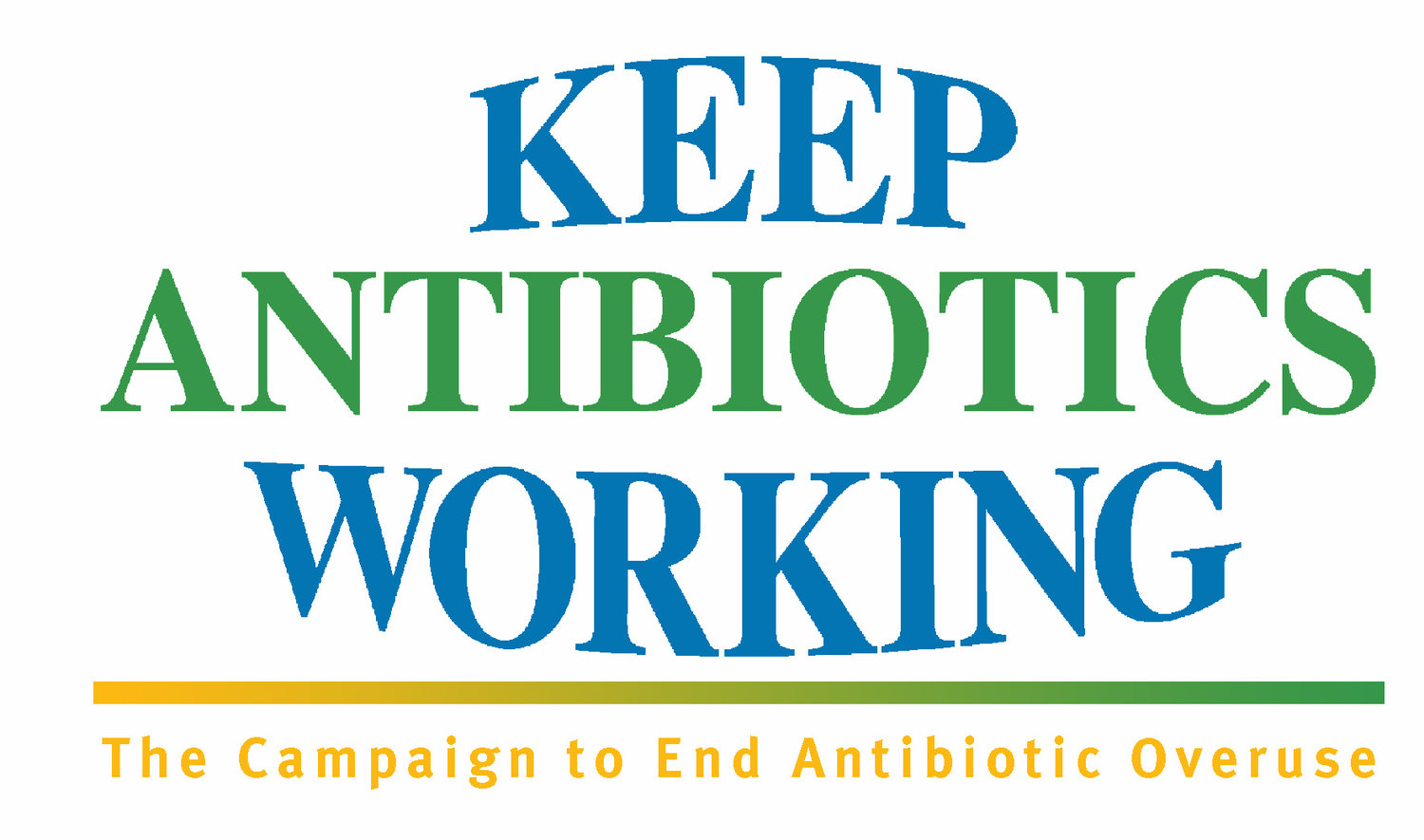For World Antibiotics Awareness Week: “'Seek Advice' and Raise your Antibiotics IQ”
Cameron Harsh, Senior Manager for Organic & Animal Policy at Center for Food Safety
Thanksgiving is just a week away, and it begs the question: will we still be thankful for antibiotics this time next year?
This week is the World Health Organization’s annual “World Antibiotics Awareness Week” raising global awareness of the antibiotic resistance crisis and encouraging action to preserve the efficacy of important medicines to fight life-threatening infections. 2017’s theme is “Seek advice from a qualified healthcare professional before taking antibiotics.” It is an important message, and understanding when antibiotics are the best treatment for you and your family based on the advice of a medical professional is critical in order to address the threat of antibiotic resistance. If you want to check your own knowledge of antibiotics for human health, you can take the WHO's short quiz.
Misuse of antibiotics in treating people is only one piece of the resistance puzzle. Roughly 80% of all antibiotics, and 70% of medically important antibiotics, sold in the United States are intended for use in food animals, not for human health purposes. This means that in order to truly reduce total antibiotic use and protect important medicines, the animal agriculture sector must also “seek advice” on strategies that protect the health and welfare of their animals.
Food animal producers have used antibiotics routinely to enhance productivity, including for promoting rapid weight gain and preventing the spread of disease in crowded, filthy confinement conditions. Although the U.S. Food and Drug Administration (FDA) has advised drug companies to remove language on product labels that indicate the growth promotion benefits and doses for medically important antibiotics, thus making it illegal for them to be sued in this manner, that initiative fails to go far enough. For one, several antibiotics not considered medically important by FDA at this time may still be used to promote weight gain. Second, FDA continues to sanction the use of any antibiotics in a regular pattern as a means of preventing disease in healthy animals.
Because of this, the WHO’s theme to “seek advice” is critical.
- Food animal producers can and should “seek advice” on strategies for restricting antibiotics to only the treatment of animals diagnosed by a veterinarian with an illness that requires antibiotics, and identifying strong, high welfare management practices that prevent diseases from emerging and spreading. In fact, WHO released new guidelines for food animal producers, recommending a prohibition on the use of all medically important antimicrobials for disease prevention and growth promotion.
- Consumers of animal products can and should “seek advice” on what brands or products are raised without the routine use of any antibiotics and where those products are available in their area. For those who patron fast food and fast casual chains, the annual Chain Reaction report provides a formal ranking of the top 25 chains based on their policies and practices. If turkey’s on your mind for the holidays, check out this guide for identifying alternatives to intensively-raised turkey.
- Regulators at FDA and USDA can and should continue to “seek advice” from the public, scientists, and health professionals on how to better regulate use of antibiotics in animal agriculture and to identify the current levels and patterns of use in food animals. Collecting farm-level data on actual patterns and purposes of use is integral to establish a baseline, develop interventions that reduce use, and measure the success of interventions. Additionally, eliminating use for purposes other than disease treatment and non-routine disease control must be mandatory nationwide to ensure a safe and healthy food supply.
As WHO says, “misuse of antibiotics puts us all at risk.” To be more accurate, misuse of antibiotics in all arenas, animal health, human health, and even crop agriculture, puts us all at risk. We all have a role to play in curbing this public health crisis and preserving the efficacy of antibiotics.
What can you do to stay informed?
- Look at product labels to identify meat and poultry that is raised without routine antibiotics and verified by a third party, including Certified Organic, Animal Welfare Approved, and Certified Humane.
- Eat at restaurants that serve meat raised without routine antibiotics, and sign CFS's petition to the major chains that got an “F” on our most recent antibiotics scorecard.
- Write or call your members of Congress and let them know that FDA and USDA need to do more to mandate reductions in antibiotic use in food animals.
- Subscribe to CFS’s True Food Network to stay informed of market and policy initiatives to end misuse of antibiotics in agriculture.

